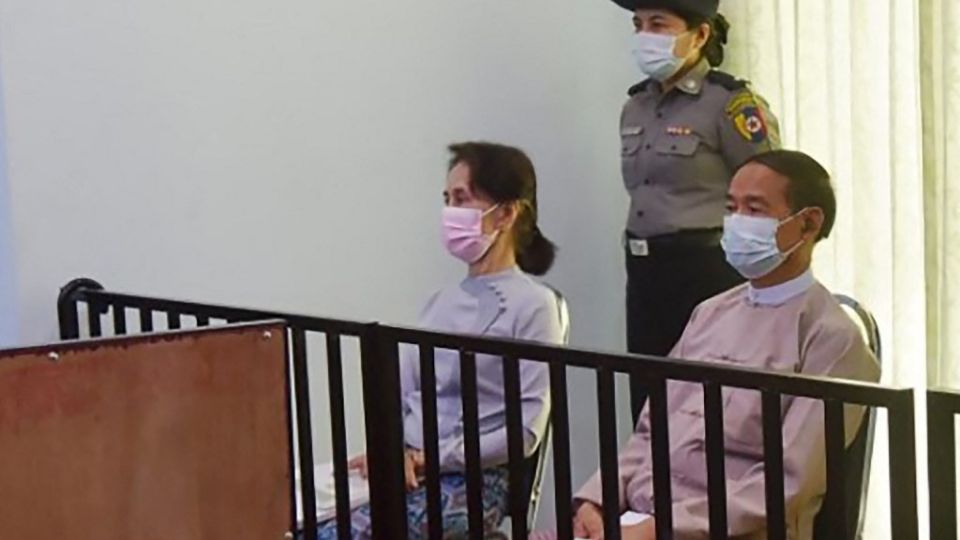January 25, 2022
JAKARTA – Cambodian Prime Minister Hun Sen’s flirtatious affair with Burmese coup maker Min Aung Hlaing earlier this month has left other Asean member states uneasy, as the bloc tries to make headway on Myanmar crisis.
Just shy of a week and a year to the day the Tatmadaw military forces stormed the parliament in Naypyidaw to overthrow Aung San Suu Kyi’s democratically elected government, the country still faces conflict and turmoil.
The lack of progress in Myanmar has elicited various responses among Asean member states.
At the leadership level, President Joko “Jokowi” Widodo and Singaporean Prime Minister Lee Hsien Loong spoke to Hun Sen last week, focusing on different yet salient points of the argument that something must be done immediately to prevent Myanmar from further spiraling into dire straits under the junta’s rule.
In a statement issued after taking a phone call from the Cambodian leader on Friday, Jokowi reiterated the importance of swiftly implementing the five-point consensus – a road map for peace drafted by Southeast Asian leaders in Jakarta in April of last year.
The consensus demands the cessation of violence, the appointment of a special envoy to mediate dialogue, and the facilitation of humanitarian aid, among other things.
Jokowi insisted that the Asean road map “shall not be linked” with the Tatmadaw’s own five-point road map, as it could be misconstrued as a move to legitimize the junta.
Lee suggested in a Ministry of Foreign Affairs statement from Jan. 15 that “any discussion to revise the ASEAN leaders’ decision had to be based on new facts”.
Both leaders reiterated the importance of engaging with all parties involved in the crisis and said that Asean should continue with its insistence on inviting a “non-political representative” of Myanmar to regional meetups, as long as there was no “significant progress”.
Further down the line, the foreign ministers of Malaysia and the Philippines contributed constructive criticism to Hun Sen in their own public remarks, after it emerged that the Myanmar military rulers had decided to punish their former colleague Suu Kyi with more trumped-up charges.
Malaysia’s Saifuddin Abdullah suggested on Jan. 13 that Hun Sen should have consulted “a few other Asean leaders” on what he could have done in his Myanmar visit.
Philippine Foreign Secretary Teodoro Locsin went further and said on Jan. 16 that any talks with Myanmar should include Suu Kyi, who had been sentenced to at least six years’ imprisonment.
Vietnam’s Foreign Minister Bui Thanh Son also spoke with Hun Sen on Jan. 20, although he took a neutral stance by saying in an official ministry statement that Vietnam was “ready to join Cambodia and other Asean countries in promoting the implementation of the […] consensus”.
Within the region, some Asean nations are more flexible about Myanmar’s fraught representation than others, and there is merit to considering Hun Sen’s idea to keep communication lines with the junta open so the group could influence it to take steps toward democracy.
But it is now high time that the Asean chair returned to becoming an honest broker for the sake of the people who need it.
If member states band together again as a family and all of its leaders call for the earnest implementation of the five-point consensus, then there is yet hope that the junta will stop stonewalling relief efforts and start showing actual leadership.


